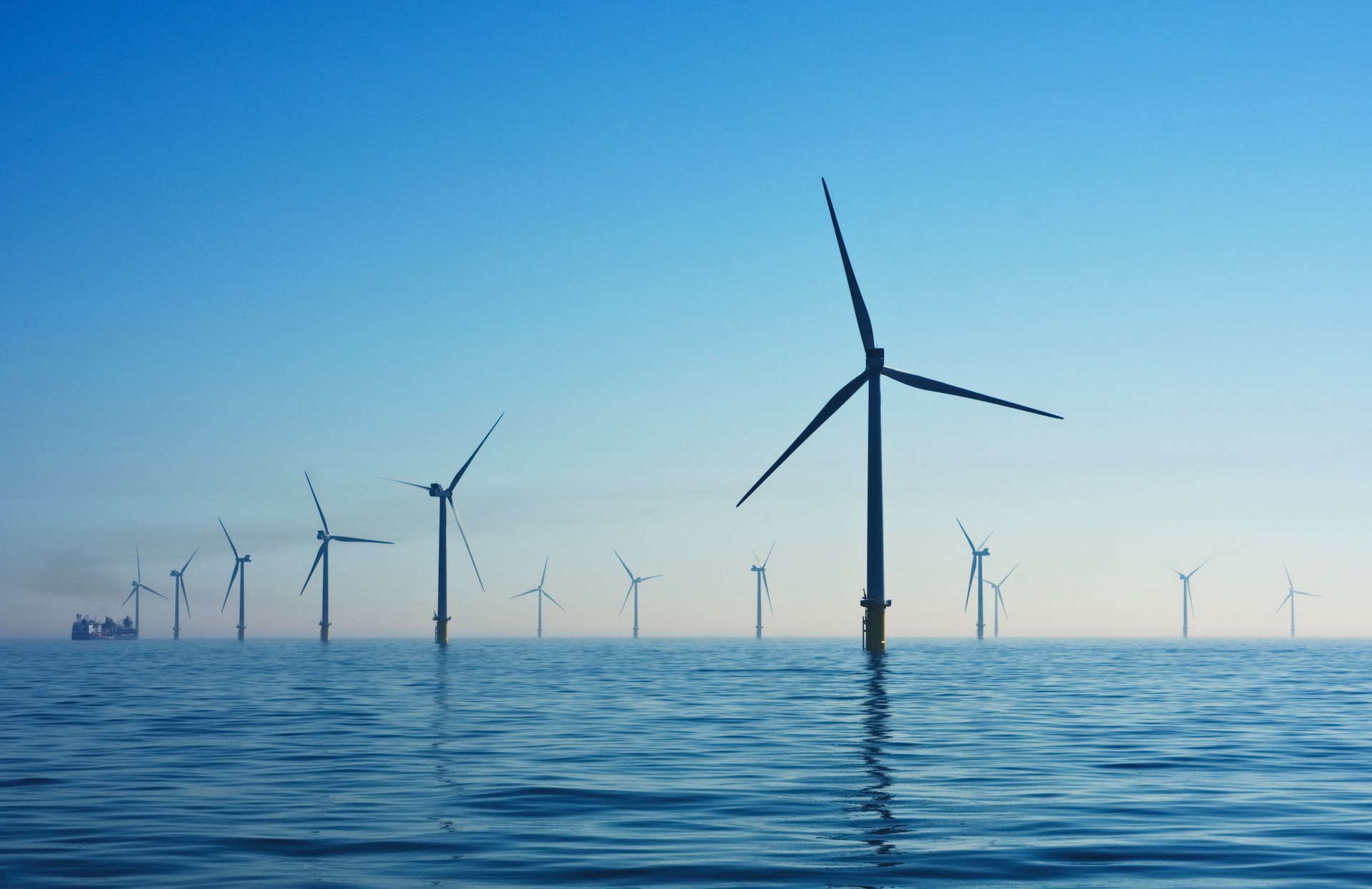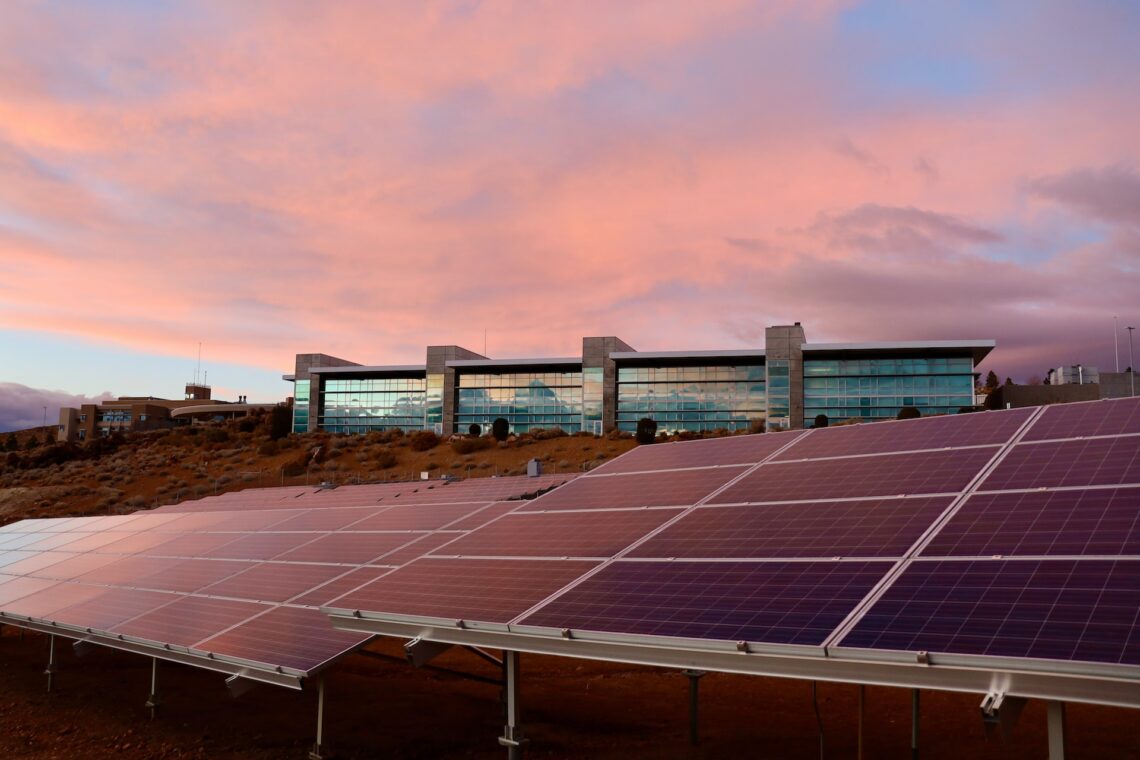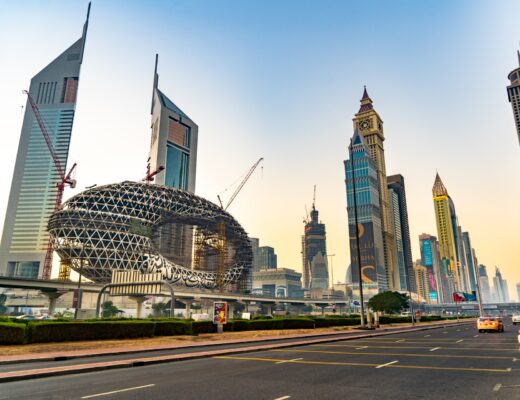Decarbonization must be achieved by 2035
The EU is leading the world in the implementation of a climate strategy. Many EU countries have made significant progress in reducing emissions and reducing the use of fossil fuels as required by decarbonization. However, despite good progress, environmental concerns require an acceleration of the pace of phasing out hydrocarbons. As part of this, the EU Parliament approved a bill to tighten transport sector standards.
According to the document, from 2035 there will be a ban on the use of cars and vans with internal combustion engines in the region. In this way, the government hopes to reduce carbon emissions, most of which come from vehicles.
As part of their review of the bill, participating states have agreed to reduce emissions from cars by 55% by 2030. For vans, the proportion of carbon dioxide produced must be reduced by 50%. By 2035 they must reach zero. In addition, for these types of transport, it is planned to introduce registration, which will be held by all vehicles that use green fuel. Across the EU a single system for assessing the emissions of cars will be adopted. Work on the creation of such a methodology should begin in the near future. It should be noted that in 2021 the European Union outlined an initiative aimed at greening the economy. The new bill is part of the European strategy Fit for 55, which will help to halve the volume of harmful emissions within 10 years. Its foundations were adopted in the Paris Agreement, but so far little change has been seen.
It should be noted that in 2021 the European Union outlined an initiative aimed at greening the economy. The new bill is part of the European strategy Fit for 55, which will help to halve the volume of harmful emissions within 10 years. Its foundations were adopted in the Paris Agreement, but so far little change has been seen.
Negotiations and approvals for this project lasted several months. The fact is that not all European countries are able to restructure their economic and production processes in 10 years. The development of environmental infrastructure, the level of dependence on fossil fuels, and other factors also play a role. That is why, for a number of countries, the law has been amended, but its goal has remained unchanged: to reduce emissions by 310 million tons. The European Union plans to take a comprehensive approach to achieve this goal. It is not only a question of banning the use of internal combustion engines but also of developing renewable energy sources and increasing the natural absorbers that are forests. In addition to that, the countries will strengthen the regulation of fuel prices and introduce subsidies and incentives for shifting to electric transport.
The increase in hydrocarbon prices has shown how important it is to speed up the process of decarbonization to reduce dependence on fossil fuels and increase the use of renewable energy sources. Experts hope that the new law will achieve its goals and thereby reduce the damage to the environment, which is caused by humanity every minute.










